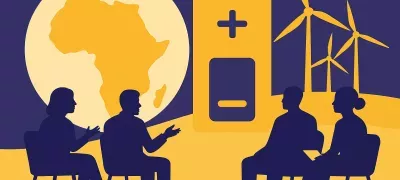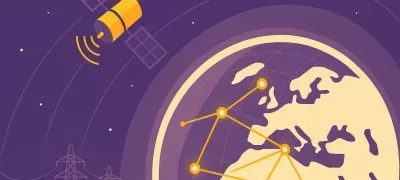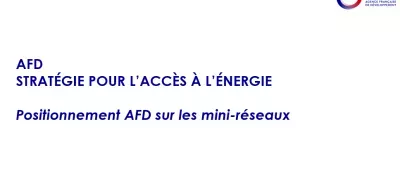In 2022, the AFD Group confirmed a moderate level of activity in the energy sector similar to that observed in 2021, with a total of 2 billion euros allocated for financing, including 1.8 billion euros by AFD and 0.2 billion euros by Proparco. Africa regained its position as the primary intervention zone for the AFD in the energy sector, with nearly 1 billion euros invested in various projects focusing on public policy dialogue, support for renewable energies and networks, and access to sustainable electricity services.
Regarding energy efficiency, the work conducted by the Building Energy Efficiency Program (PEEB) continued with a high level of engagement. The PEEB's impacts will be multiplied in the future thanks to a significant fund delegation from the Green Climate Fund obtained at the end of the year to deploy this approach on a larger scale in 11 countries. Additionally, 2022 saw the momentum initiated at the end of 2021 around the "Partnership for a Just Energy Transition" (JET-P) initiative, led by a coalition of G7 countries, which supports partner countries' governments in designing and implementing energy transition policies that mitigate the social effects of this transformation on the most vulnerable populations. As a member of the coalition, France relies on AFD to implement its commitments in South Africa, Indonesia, and Vietnam.
The energy transition is now underway in both developing and developed countries. Supported by technological advancements, it presents economic, social, and environmental opportunities to achieve the Sustainable Development Goals (SDGs) and is essential to meet the goals set by the Paris Agreement on climate change. The strategy of the AFD is focused on mobilizing three key levers across three intervention axes to enable large-scale changes in energy consumption and production systems while ensuring reliable energy services access for over a billion people.
AFD - Bilan d'activité - Transition énergétique
Download to see more



